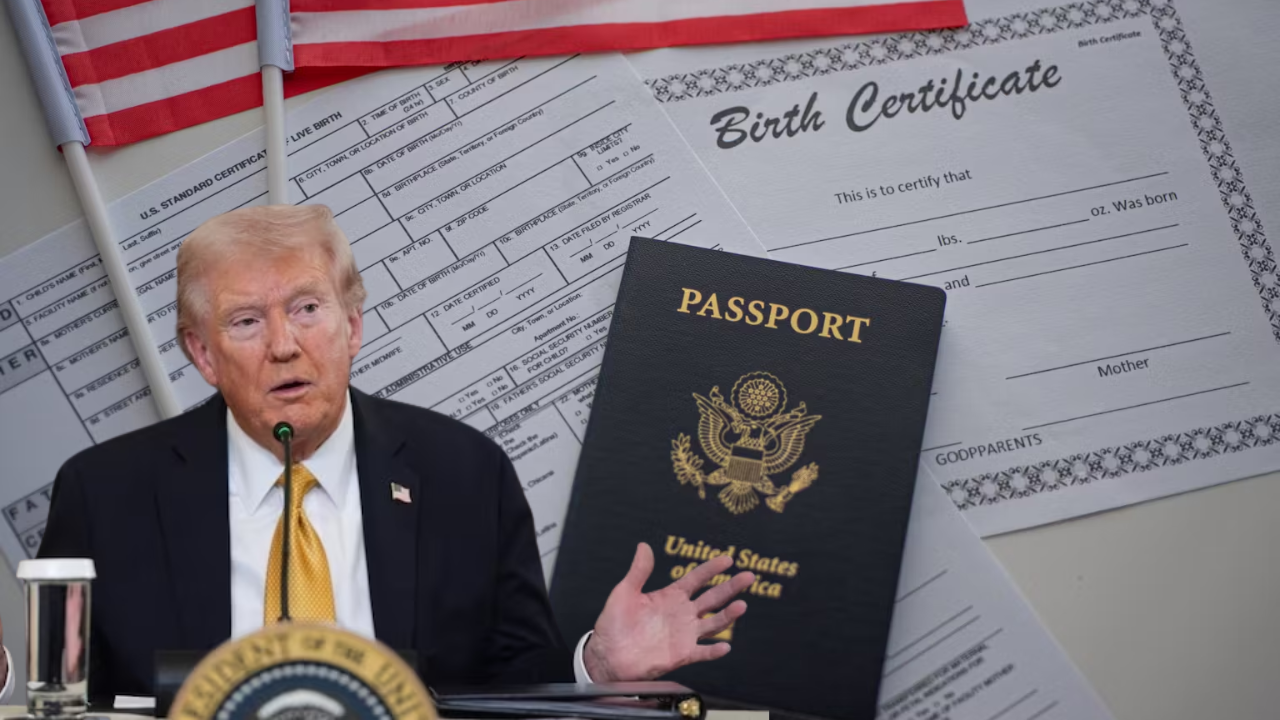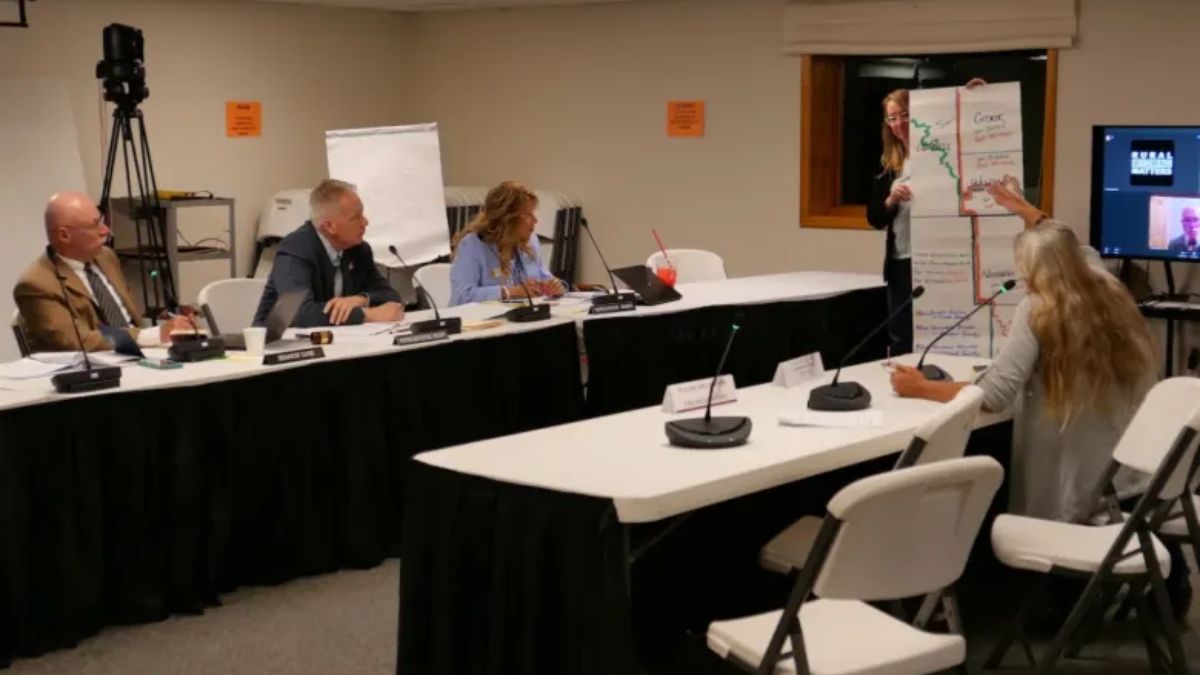Washington, D.C. — The Trump administration is preparing to implement a sweeping change to how U.S. citizenship is verified. Under a new Executive Order on Birthright Citizenship, birth certificates alone will no longer be accepted as proof of citizenship for Social Security Number (SSN) applications or other federal documentation — a move that has triggered nationwide legal and political battles.
Birthright Citizenship Under Review
The executive order, signed on January 20, 2025, directs federal agencies to deny automatic U.S. citizenship to children born in the United States unless at least one parent is either a U.S. citizen or a lawful permanent resident at the time of birth.
Currently, the Fourteenth Amendment guarantees citizenship to “all persons born or naturalized in the United States.” The new order seeks to reinterpret that clause, ending birthright citizenship for children of undocumented immigrants — a cornerstone of U.S. immigration law since 1868.
Federal agencies, including the Social Security Administration (SSA), U.S. Citizenship and Immigration Services (USCIS), and the Department of State, have been instructed to prepare new verification systems if the order survives legal challenges.
Courts Push Back
The policy has already faced stiff opposition in federal courts. The 1st U.S. Circuit Court of Appeals in Boston and the 9th U.S. Circuit Court of Appeals in San Francisco both ruled the executive order unconstitutional, siding with Democratic-led states and immigrant advocacy groups.
Despite these rulings, the administration has petitioned the U.S. Supreme Court to review the case, arguing that Congress — not the Constitution — determines citizenship eligibility.
What the New Rules Mean
If upheld, the executive order would mark the first time in U.S. history that a birth certificate alone would not be accepted as proof of citizenship.
Under the new SSA guidelines, individuals born after the order takes effect would need to show that at least one parent was a citizen or had lawful immigration status at the time of birth.
Acceptable documents would include:
- Certificate of Naturalization
- Certificate of Citizenship
- U.S. Passport issued under the new rules
- Consular Report of Birth Abroad
- U.S. Citizen ID Card from the Department of Homeland Security (DHS)
- Federal or state court verification confirming parental citizenship or lawful residence
If a parent claims Lawful Permanent Residency, they would need to show evidence such as a Green Card (Form I-551), Machine Readable Immigrant Visa (MRIV), or other DHS-issued verification.
Impact on Social Security and Immigration Systems
The Social Security Administration, which issues SSNs under the Social Security Act, will adjust its internal manuals to align with the order. Officials say that once enacted, birth certificates showing only a U.S. birthplace will no longer suffice for children born after the effective date.
The SSA’s updated policy will require additional parental documentation for:
- Newborn SSN applications not filed under the Enumeration at Birth program.
- Replacement SSN cards for individuals born under the new rule.
Legal and Political Fallout
Critics warn that the order could create bureaucratic chaos, leaving millions of U.S.-born children without clear citizenship documentation. Immigrant rights advocates have pledged to continue challenging the measure, calling it unconstitutional and discriminatory.
Supporters of the executive order, however, argue it will curb what they describe as “birth tourism” and prevent automatic citizenship for children born to noncitizens without legal status.
While implementation plans are already underway within federal agencies, the final decision rests with the Supreme Court, which is expected to hear arguments in early 2026.
Until then, U.S.-born children continue to receive citizenship automatically — but if the order stands, the nation’s 150-year-old approach to birthright citizenship could fundamentally change.



